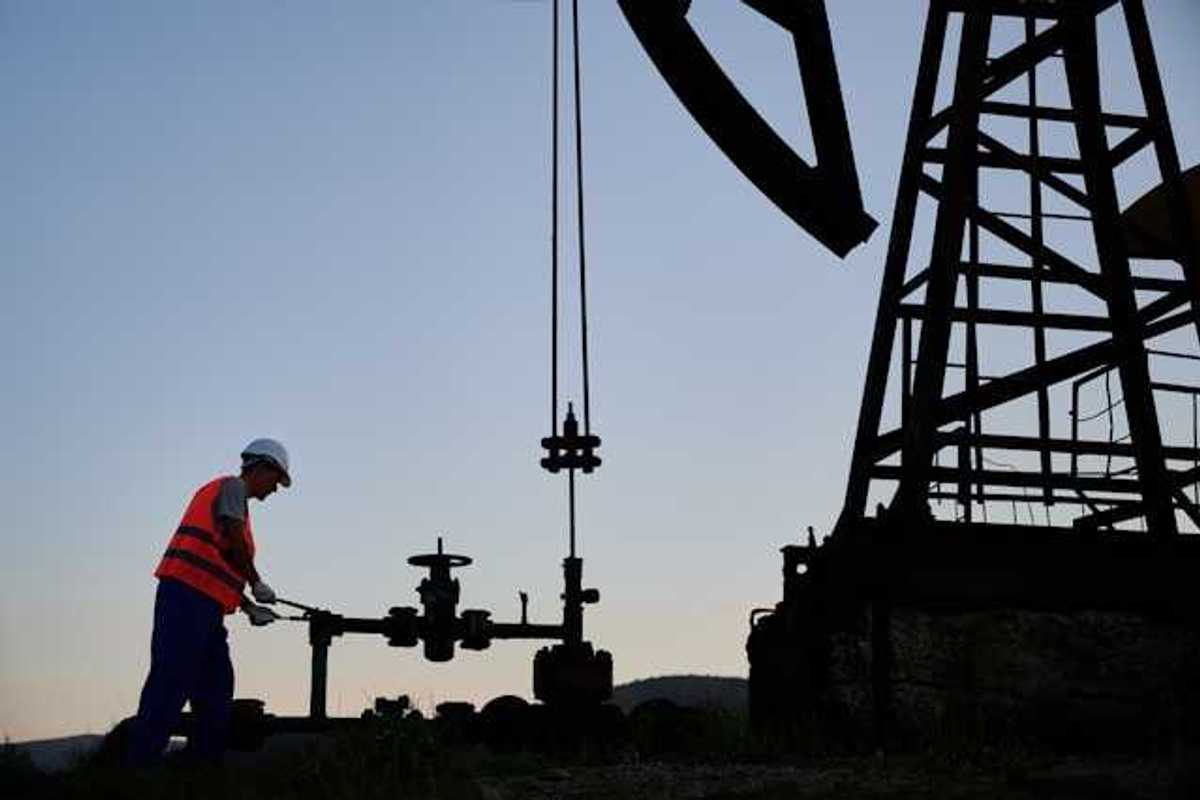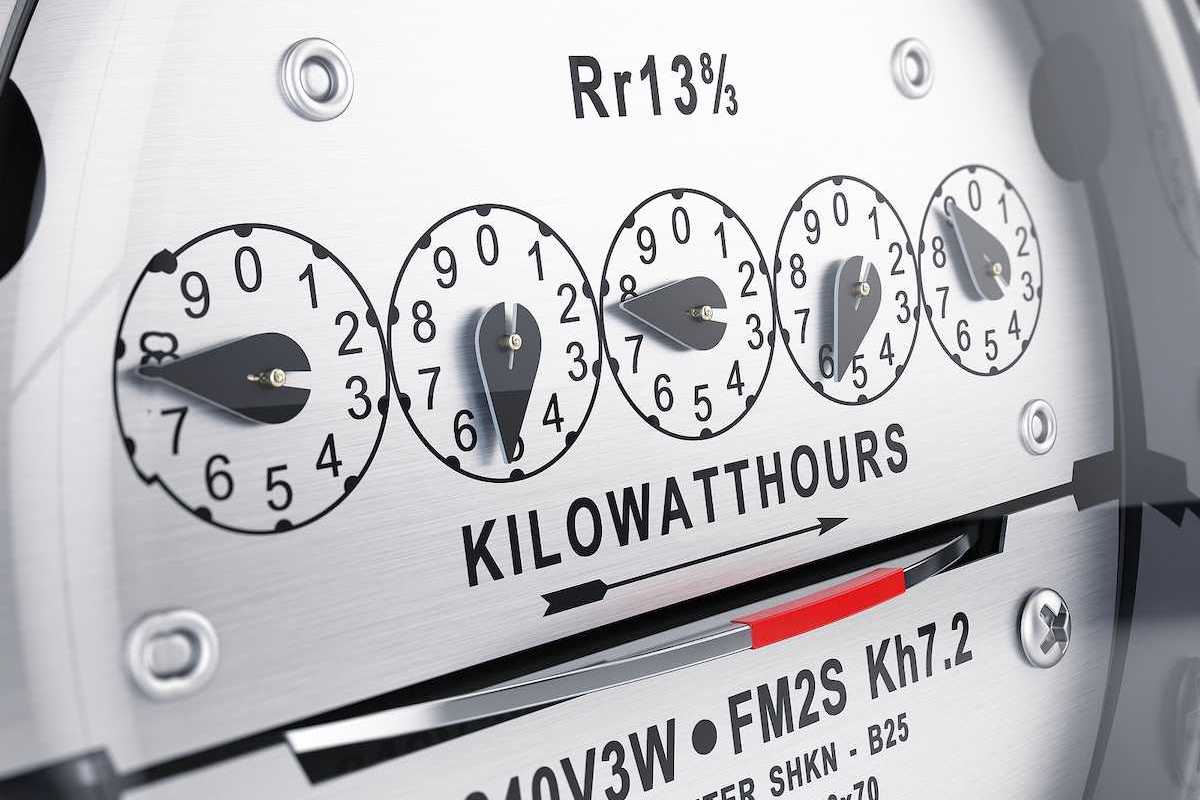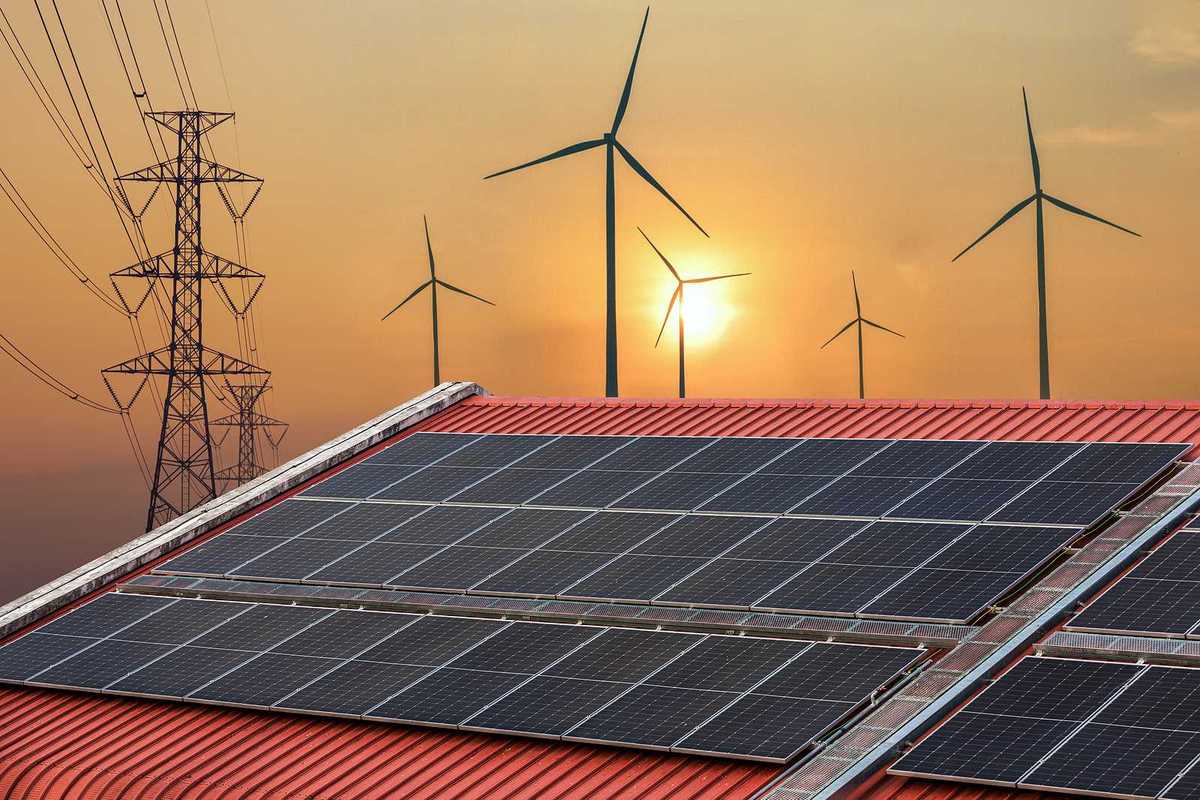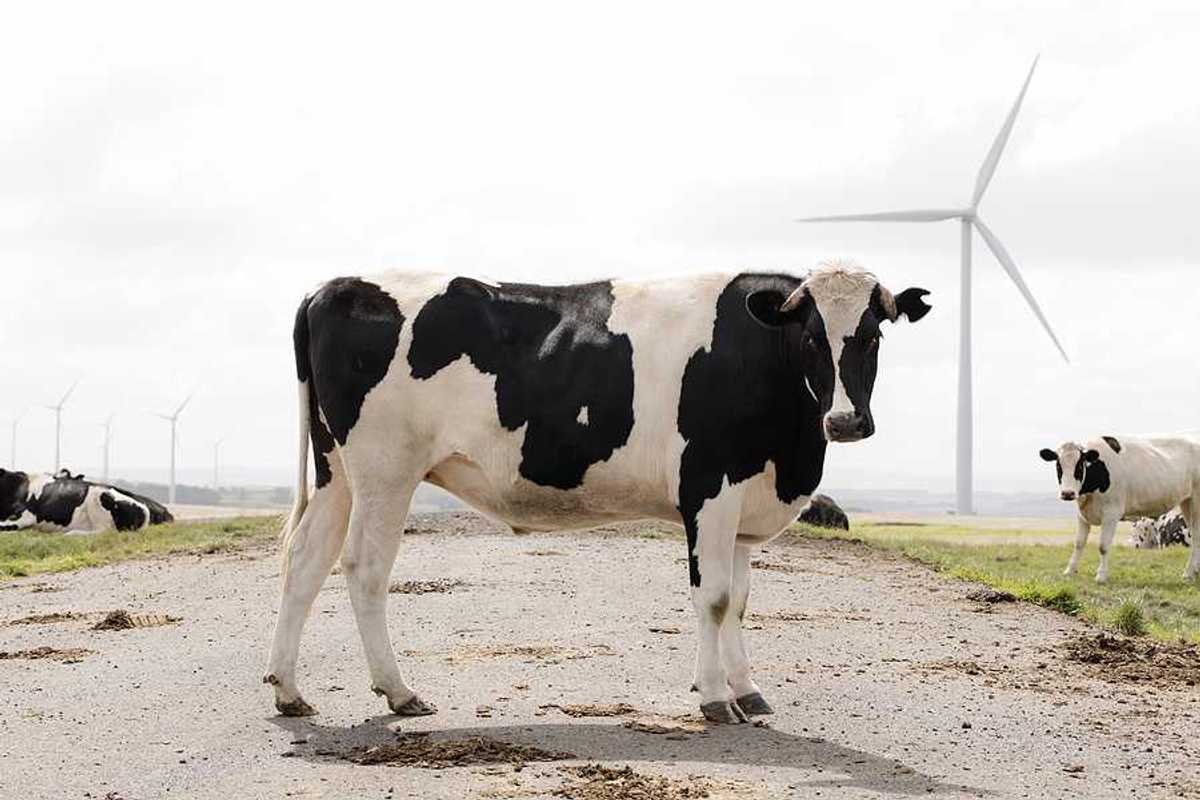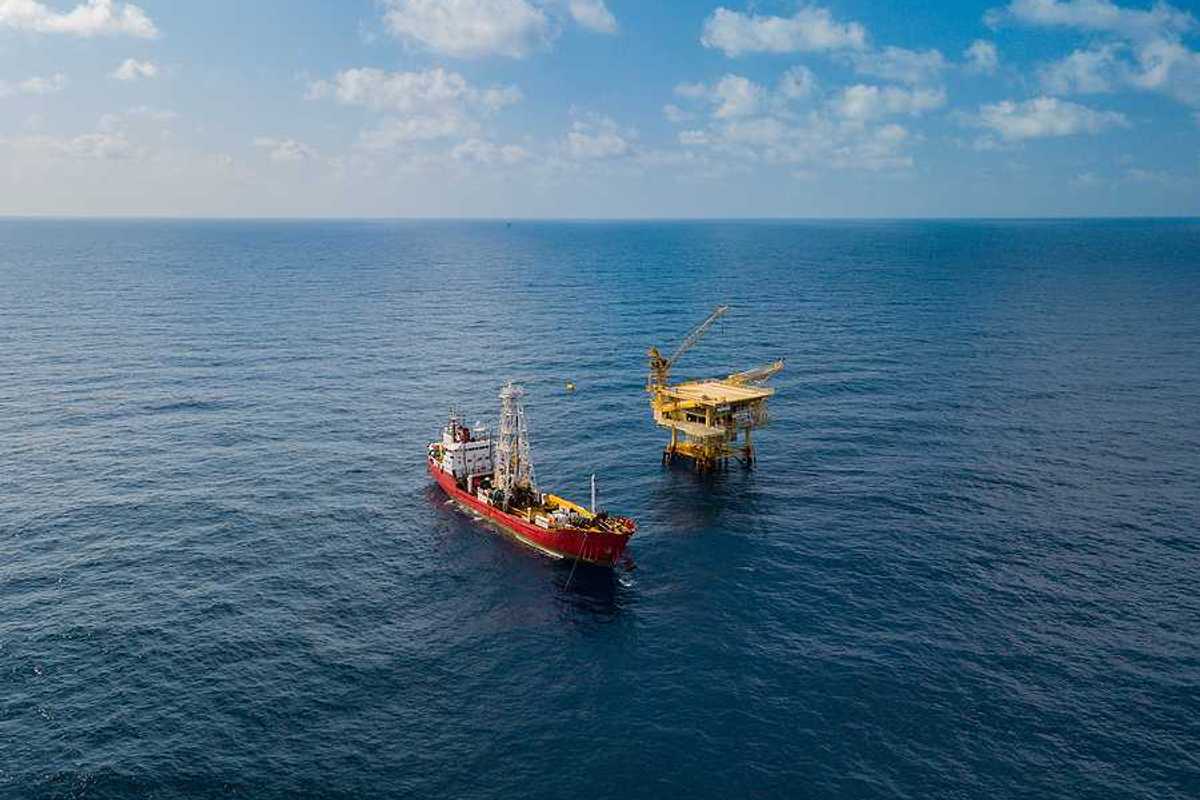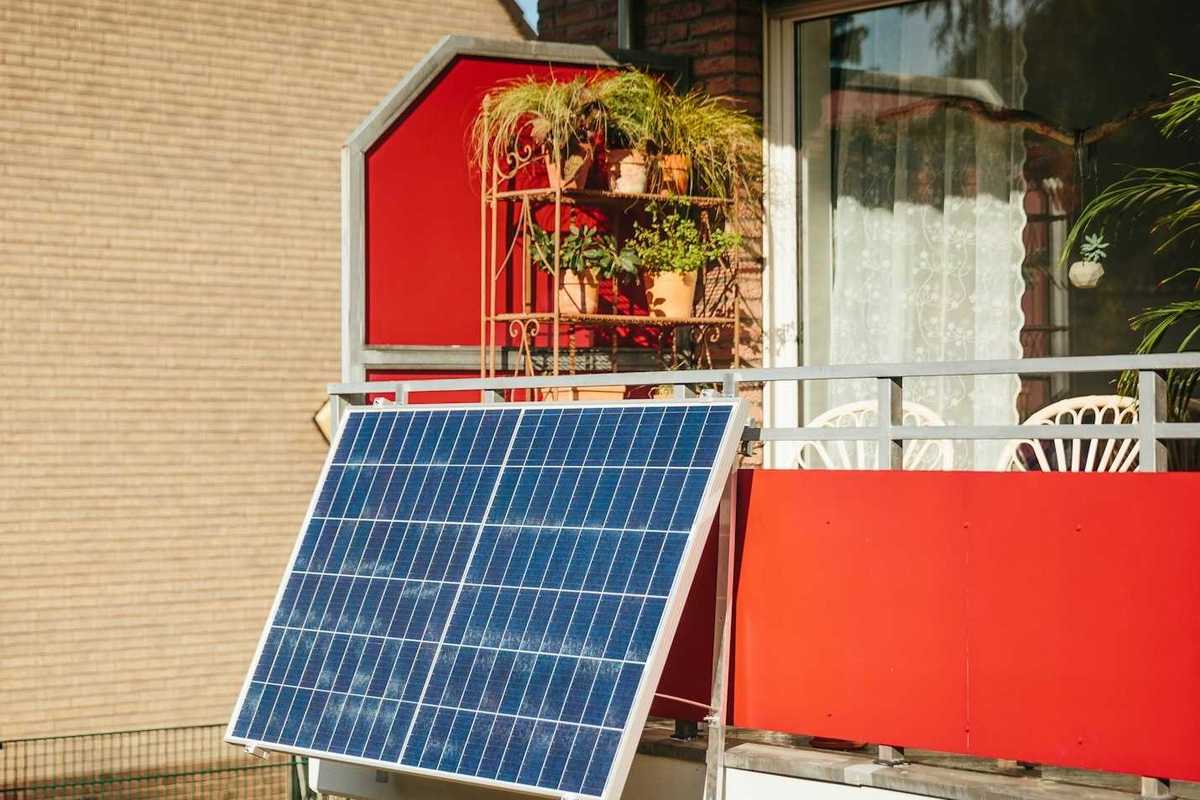Elevance Health is integrating environmental sustainability, supply chain standards and AI-driven digital tools to transform healthcare delivery and improve patient outcomes. With a net zero target and a focus on climate resilience, the company is positioning environmental action as central to public health.
Solutions
In the United States, hospitals generate millions of tons of waste annually and consume large amounts of energy and water. In response, many institutions are implementing sustainability initiatives that reduce waste, lower costs, and improve community health outcomes.
The healthcare sector is caught in a climate paradox: it is under increasing pressure from the impact of climate change on people’s health, yet it also contributes heavily to global warming through its high emissions.
A high-level EU diplomat says Europe is focused on nuclear and renewables, as India makes a play for Canadian oil and gas.
Higher energy prices could make green alternatives more attractive, but harder to deploy.
The Houston firm aims to raise $200 million to develop a next-generation geothermal plant in Oregon as the technology gains momentum with investors.
While heat pumps can lower emissions and, in some cases, utility bills, high power costs may deter many homeowners from making the switch.
General Motors, Ford and other established automakers risk becoming relics if they don’t catch up to Chinese carmakers and technology companies in electric vehicles and self-driving cars.
Arborists and land managers are trying “assisted migration” as global warming threatens livability in communities and the health of urban and rural forests.
As wildfires and extreme weather intensify, a coalition led by the Chicago Botanic Garden is working to shore up the Midwest’s dwindling supply of native seeds.
As Democrats and climate activists seize on energy costs as a political issue, new data shows electricity rates rose 5 percent nationwide in 2025. The figures were much higher in some states.
The Trump-led attack on solar eases as the right reckons with its crucial role in powering AI and keeping utility bills from spiraling.
A new experiment shows biochar survives cow digestion largely intact, potentially turning cattle into a vehicle for spreading this carbon-stabilizing ingredient into the soil.
The International Seabed Authority has been struggling to set rules for a decade. President Trump’s aggressive push on ocean mining makes her task more urgent.
Scrapping premium seats could help halve global aviation emissions, according to a major new study.
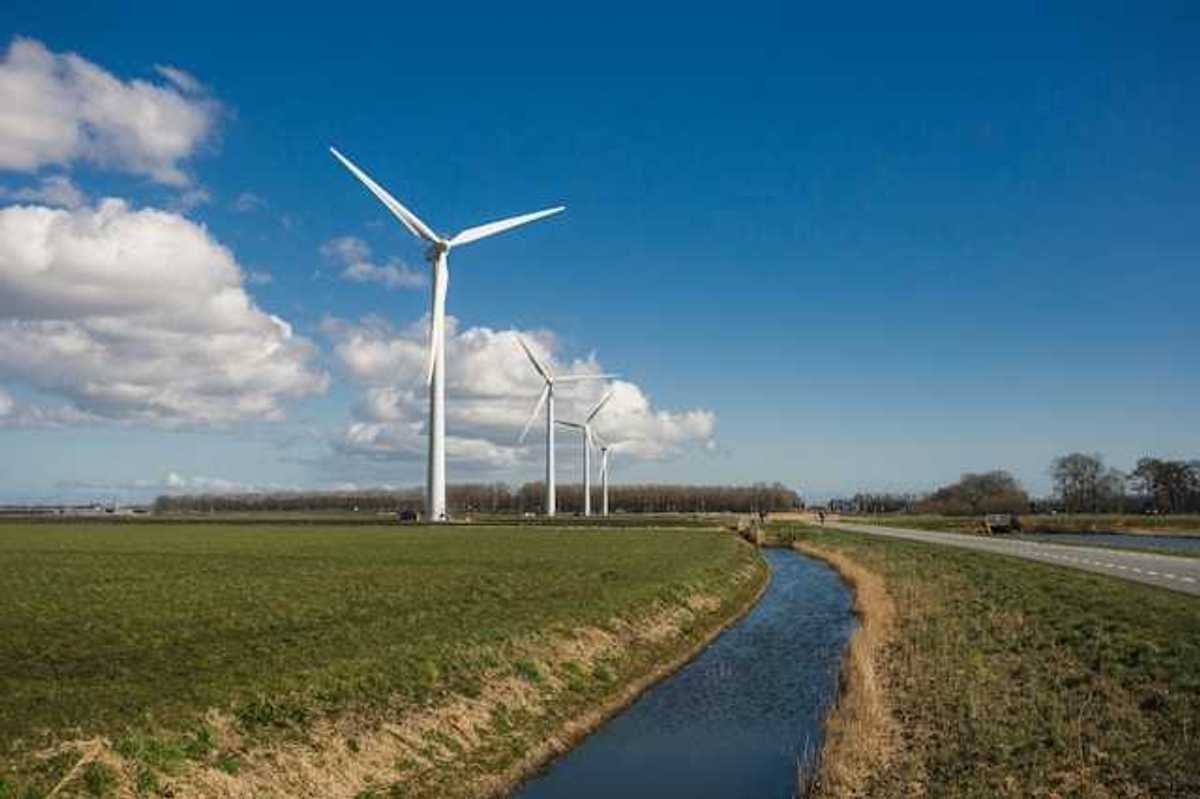
The real economic impact of clean energy
27 February
US energy chief Chris Wright claims that renewable energy is dragging down Europe's economy. Is that true?
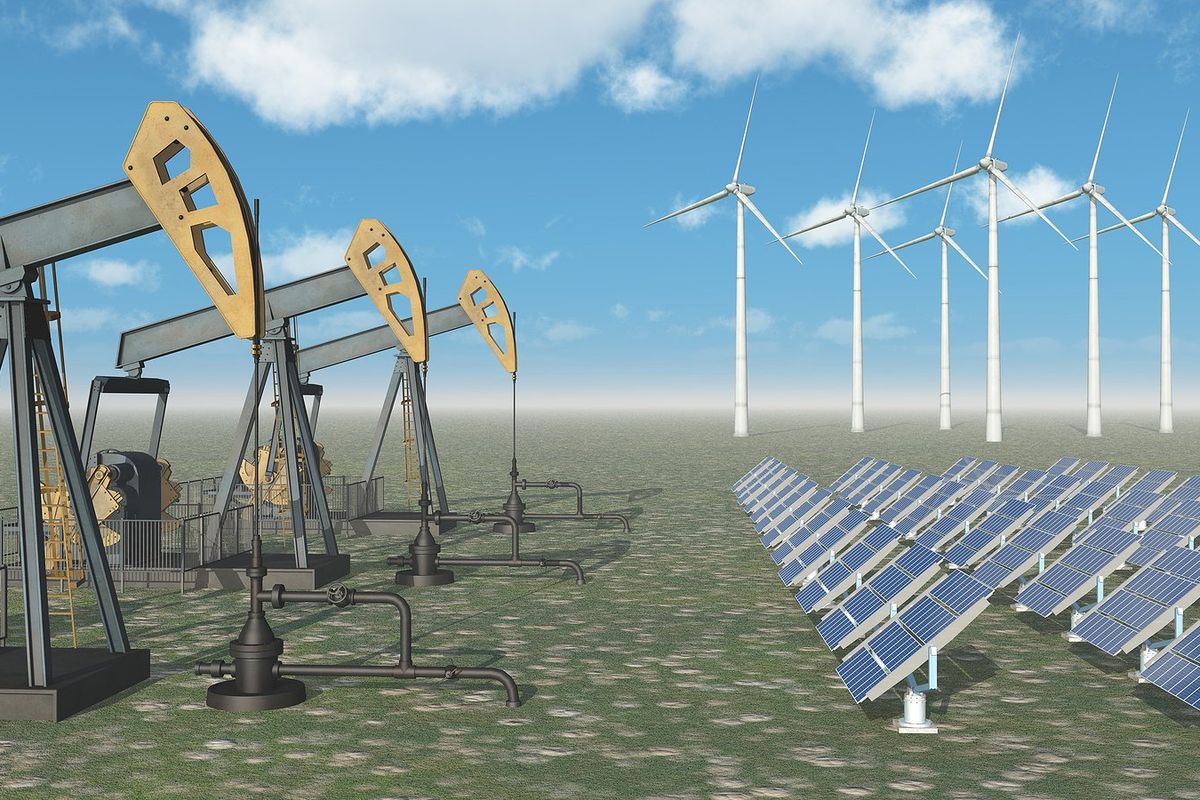
The culture war is coming for your electricity
27 February
Utah Republicans are calling for an energy "divorce" from blue states. A major utility just granted part of their wish.
In more than half of U.S. states, Republican and Democratic lawmakers have introduced legislation that would boost adoption of DIY solar systems.
Journalism that drives the discussion
Copyright © 2017 Environmental Health Sciences. All rights reserved.
Copyright © 2017 Environmental Health Sciences. All rights reserved.

